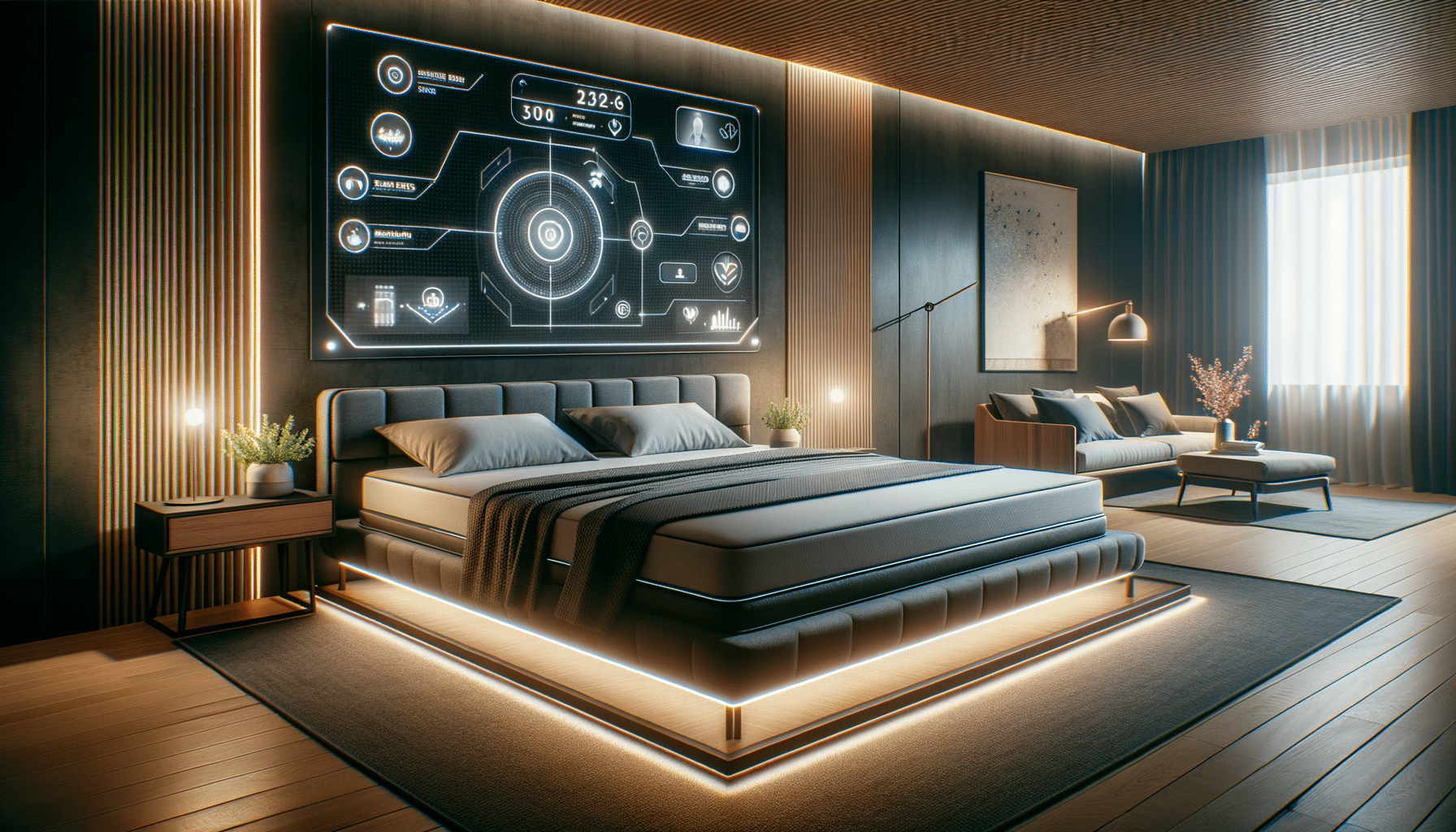
Slimme Bedden: Transforming Sleep with Technology
Introduction to Smart Beds
In today’s fast-paced world, quality sleep has become more crucial than ever. Enter the realm of smart beds, a technological innovation designed to enhance our sleeping experience. These beds are not just about comfort; they integrate advanced technology to monitor and improve sleep patterns, offering a holistic approach to rest.
Smart beds come equipped with features that cater to various needs, from adjustable firmness to sleep tracking. As we delve deeper into the capabilities of these innovative beds, it becomes evident that they are transforming how we perceive and experience sleep.
Features of Smart Beds
Smart beds offer a range of features that make them a compelling choice for those seeking a better night’s sleep. Some of these features include:
- Adjustable firmness levels to cater to individual comfort preferences.
- Integrated sleep tracking technology that monitors sleep stages and provides insights into sleep quality.
- Temperature control options to maintain an optimal sleeping environment.
- Connectivity with smart home devices, allowing for seamless integration into existing smart ecosystems.
These features are designed to provide a personalized sleeping experience, ensuring that users wake up refreshed and rejuvenated.
Benefits of Using Smart Beds
The benefits of smart beds extend beyond mere comfort. By utilizing data-driven insights, these beds can help users identify and address sleep-related issues. For instance, sleep tracking technology can reveal patterns such as frequent awakenings or insufficient deep sleep, allowing users to make informed decisions about their sleep habits.
Moreover, the ability to adjust the bed’s firmness and temperature can lead to improved sleep quality, as these factors are crucial in maintaining a restful environment. Smart beds also offer potential health benefits, such as reducing back pain through proper support and alignment.
Comparing Smart Beds with Traditional Beds
When comparing smart beds to traditional beds, the differences are striking. Traditional beds offer limited customization and lack the technological advancements found in smart beds. While traditional beds may provide comfort, they do not offer the same level of personalization or insight into sleep patterns.
Smart beds, on the other hand, are designed to adapt to the user’s needs, providing a tailored sleeping experience. With features like sleep tracking and adjustable settings, smart beds offer a more comprehensive approach to sleep health.
Future of Smart Beds
The future of smart beds looks promising, with ongoing advancements in technology paving the way for even more innovative features. As artificial intelligence and machine learning continue to evolve, smart beds may soon be able to predict sleep needs and automatically adjust settings for optimal rest.
Furthermore, the integration of health monitoring features could transform smart beds into essential tools for maintaining overall wellness. As the demand for personalized sleep solutions grows, smart beds are poised to become a staple in modern homes.
Conclusion: Embracing Smart Bed Technology
For those seeking to enhance their sleep quality, smart beds offer a compelling solution. By combining comfort with advanced technology, these beds provide a unique and personalized sleeping experience. As we continue to prioritize health and wellness, embracing smart bed technology could be a pivotal step towards achieving better sleep.


